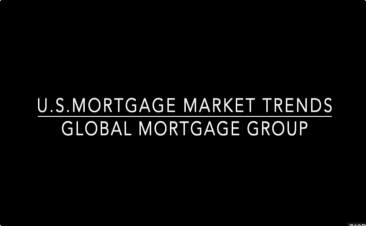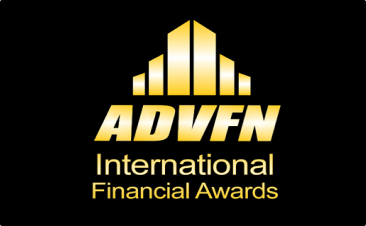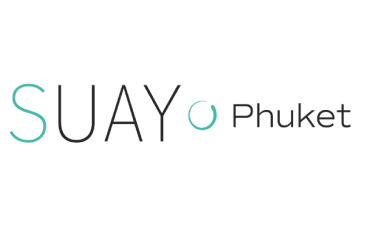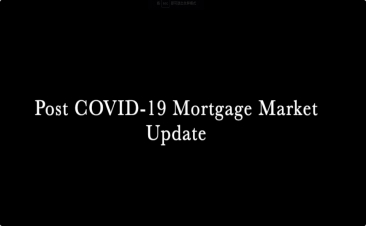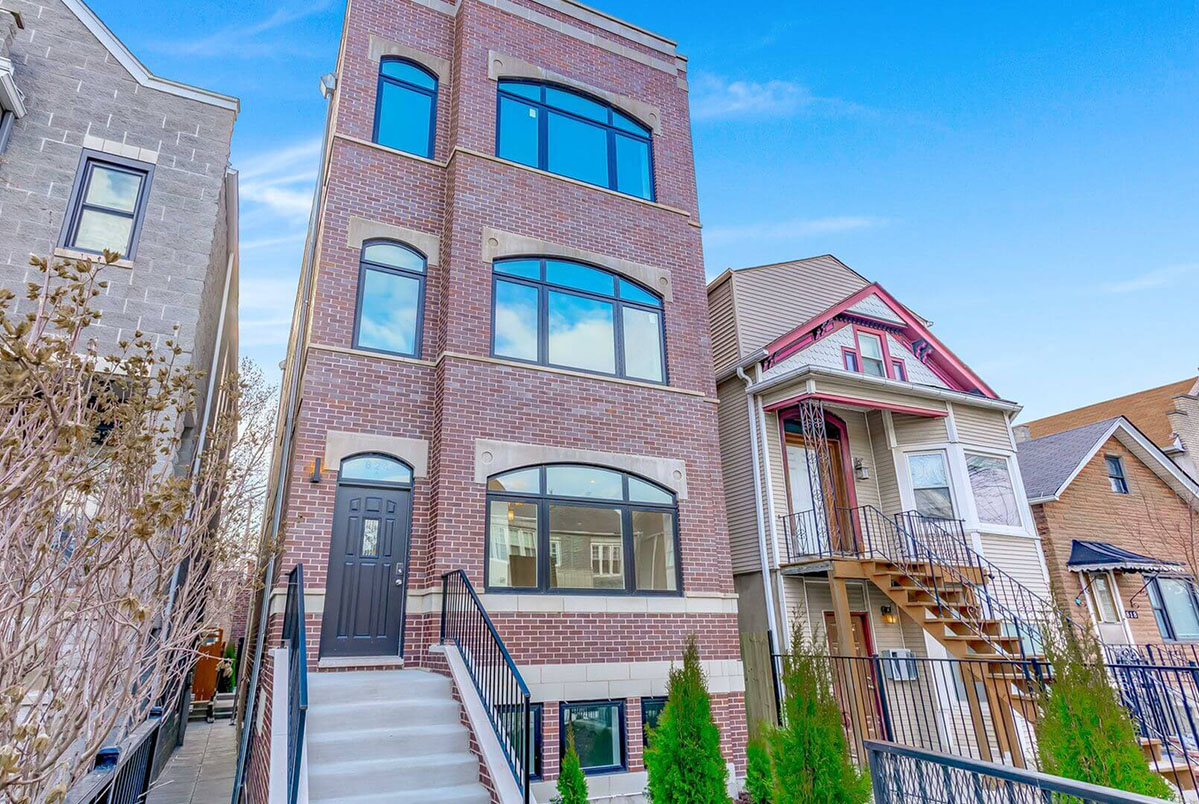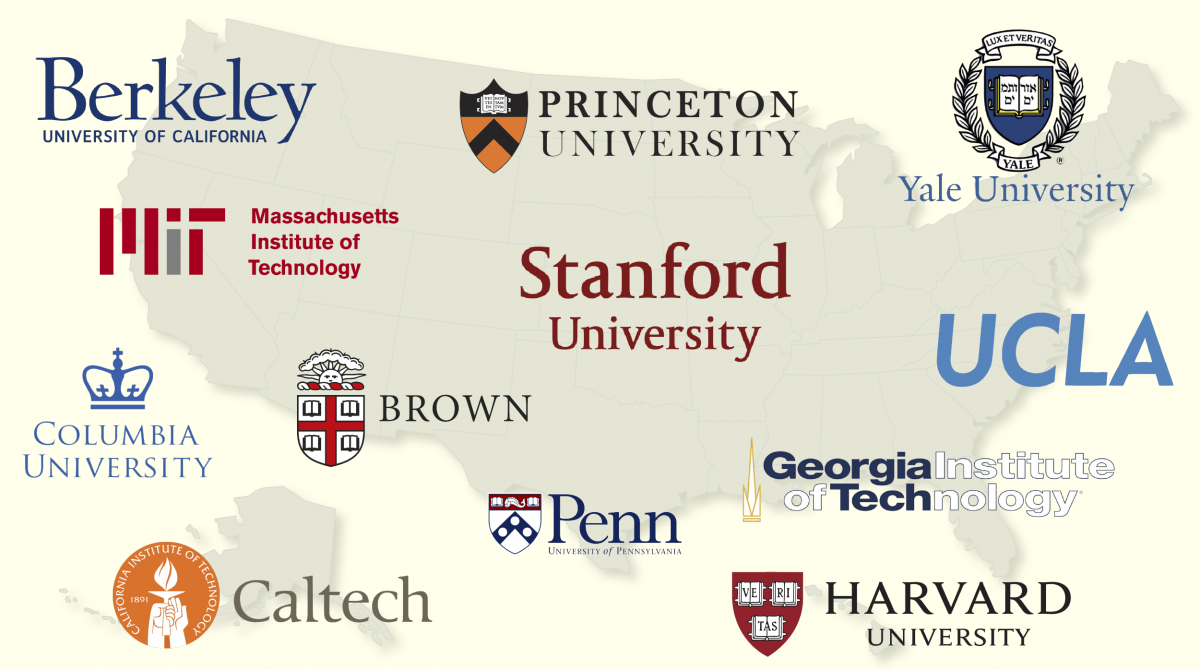Is there a bubble?
Through the first half of 2018, existing-home sales are down just slightly, by 2.2%, while new home sales are ticking up 7.4%. Home prices continue to increase by 5%. Distressed property sales have fallen to historic lows, making up only 3% of total sales in recent months. The one area of concern is increasing housing unaffordability, that has still been inching higher. After reaching a cyclical low of a 63% ownership rate in late 2015, the rate increased to 64.4% in the second quarter of 2018 as three million additional households became homeowners in this time, bringing the total to 77.9 million. The total number of renter households has remained roughly the same at 43 million for the past three years.
Comparing the current US housing market with its performance in 2007-2008, where sub-prime mortgages dominated, today’s market is more disciplined, driven by common sense underwriting of mortgages, strong US economic indicators and jobs growth.
Yet even with increase in mortgage rates and higher home prices, the homeownership rate has still been inching higher. After reaching a cyclical low of a 63% ownership rate in late 2015, the rate increased to 64.4% in the second quarter of 2018 as three million additional households became homeowners in this time, bringing the total to 77.9 million. The total number of renter households has remained roughly the same at 43 million for the past three years.
Comparing the current US housing market with its performance in 2007-2008, where sub-prime mortgages dominated, today’s market is more disciplined, driven by common sense underwriting of mortgages, strong US economic indicators and jobs growth.
Is the US housing market headed for another bubble?
The short answer – No. Although no one can predict the future, the US housing market is far from becoming a bubble. The US housing market is on solid ground, well supported by consistent growth, strong demand and a business-friendly regulatory environment. The robust US economy and relatively low interest rates (5% range is still low) creates strong drivers for home ownership. Developers in many regions of the US unable to keep up with demand. In stark contrast to the 2008 bubble, we saw an overheated market with an over-supply of new homes combined with widespread subprime mortgage financing. In this sector or the US housing market, today’s growth has been something entirely different with clear developer caution and disciplined to not get ahead of themselves with speculative inventory.
What will drive tomorrow's housing market?
The fundamental drivers of the appetite home ownership and investment are job creation, population growth, housing permit issuances and housing affordability. These four highly-correlated factors create a win-win scenario for development alone.
The lack of supply and the accompanying home prices quickly rising are the sources of market headaches. However, the supply shortage is a much better problem to have, compared to a demand shortage. The current problem also is an indicator of no meaningful price decline nor an impending foreclosure crisis. Rather, there is a good possibility for solid home sales growth once the supply issue is addressed.
Hot VS. super hot.
The two hottest housing markets for example: Denver and Seattle. Both of these markets are said to be slowing down, from being super-hot to now just hot without the extra adjective. The months’ supply is less than 2 months in Denver and Seattle, and sales are falling. It is not because the buyers are going away, but because there just is not enough inventory and people are consequently being increasingly priced out.
Home prices in both markets have grown at around 10% for each of the past five years. That is an exceptionally fast price gain. The national job growth rate is 1.6% and the labor market is very solid in both cities with 2.8% job growth rate in Denver, and 3.0% in Seattle. The problem is, not enough homes were built or listed for sale to meet the demand. However, if more homes are built, and people choose to put their properties on the market to take advantage of this growth, more inventory is introduced, then home prices will not go out of bounds.
These two cities and the US housing market in general is benefiting from the country’s exceptional economic performance, due in part to 2018 tax reforms. Many US corporations are supportive of the current federal government’s pro-business, predictable regulatory environment and job-creation mandate. All propping up the US housing market for the foreseeable future.
Bubble?
The word "bubble" is on the minds of many home buyers and investors, it is worth laying out why today’s conditions are fundamentally different compared to a decade ago. Back then, lending standards were so loose that they were almost non-existent. By contrast, the lending standards today are still stringent, or asset based as evidenced by mortgage default and foreclosure rates are at historic lows. On the supply side, there was overbuilding with 2.1 million housing starts during the bubble years. Today, we are just scratching 1.3 million.
The US housing market is benefiting from the country’s exceptional economic performance, due in part to President Donald Trump’s 2018 tax reforms. Many US corporations are supportive of the current federal government’s pro-business, predictable regulatory environment and job-creation mandate.
Although no one can know the future, the US housing market is far from becoming a bubble, in fact it is easily characterised as the opposite – sustainable, measurable growth based on sound fundamentals.
The good news is … all data suggests that the probability of a nationwide home price collapse is not foreseeable future.
Investing and obtaining a mortgage as a NON-U.S. citizen
Now that we explained our reasons why we don’t believe there is an impending bubble, now may be the perfect time to invest and obtaining a US mortgage loan is easier than you may think.
Purchasing a house in the U.S. as a foreign citizen is simple if you plan to pay in cash (or having all the money saved to buy the home in one lump sum). If you’re not in the financial position to be able to purchase a home with cash or you find leverage is a better option for you, you’ll need to obtain a mortgage loan to purchase property. This is where the process becomes tricky. Fortunately the Global Mortgage Group’s primary focus is on the U.S. market, and it’s only focus are these types of mortgages.
Most U.S.-based mortgage lenders look at a borrower’s U.S. credit history to determine their eligibility for a mortgage loan. As a non-U.S. citizen, you don’t have a U.S. credit report, making it difficult for lenders to analyze the risk of loaning you money to purchase a home. That means your lender will elevate your risk factor as a borrower. This doesn’t have to be the case. Nor do you have to stay up late at night in Asia calling lenders, brokers and banks trying to find someone that will understand your situation.
It may take you longer to find a lender who is willing to work with you, and it may take longer to get approval for your mortgage loan. You might also pay a higher interest rate. We understand the complexity of analyzing risk, calculating foreign income and alternative sources of acceptable credit verification. We do it all day, every day. It’s not difficult if you know the terrain, and in most cases we can find a U.S. mortgage loan for every client.
Credit: data points and statistics provided by Forbes, NAR, US housing stats, Aug-Oct 2018.
For more information on mortgage loans in the U.S., Australia, U.K. or elsewhere please submit your details on our
contact page, or email Global Mortgage Group at [email protected].



